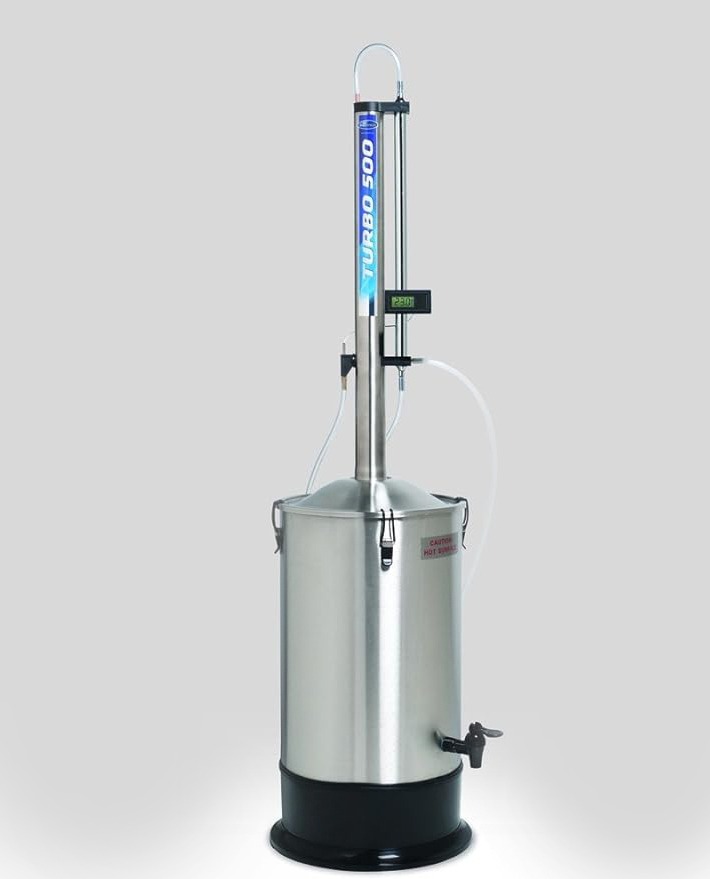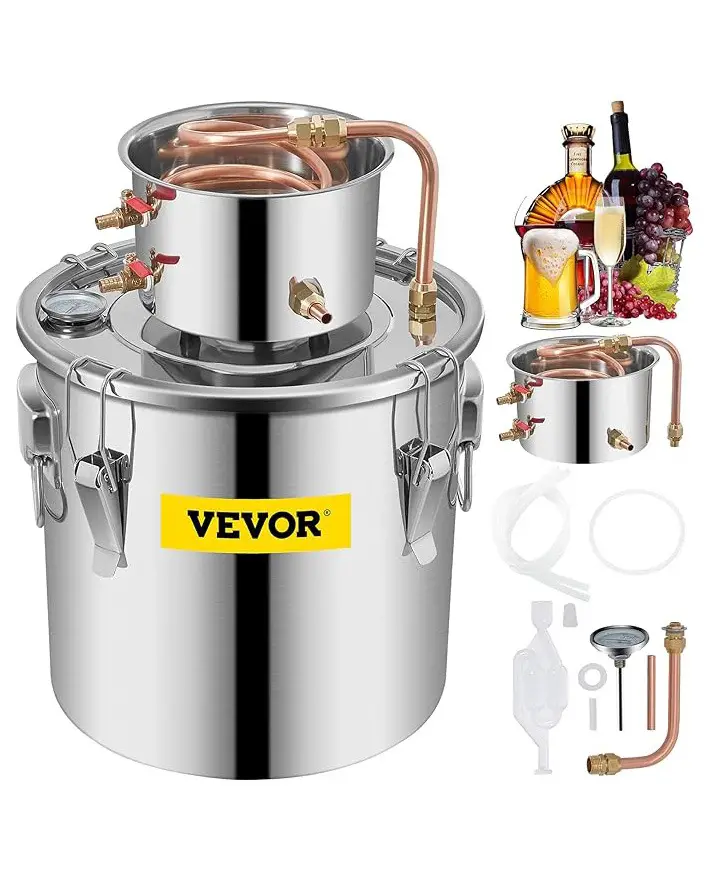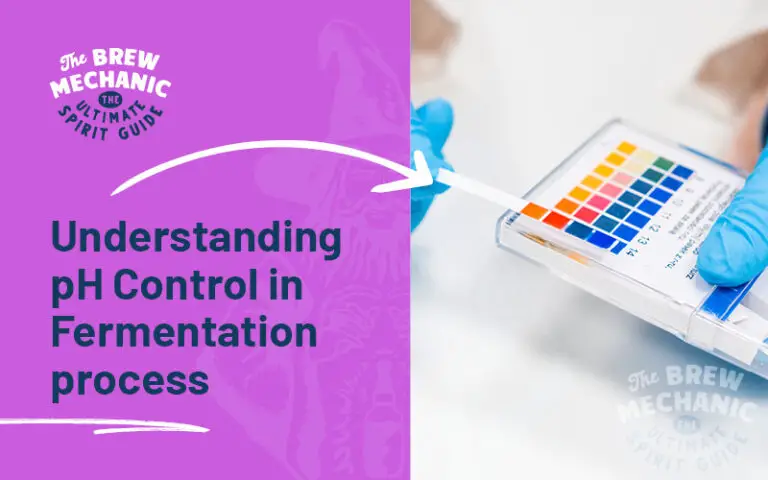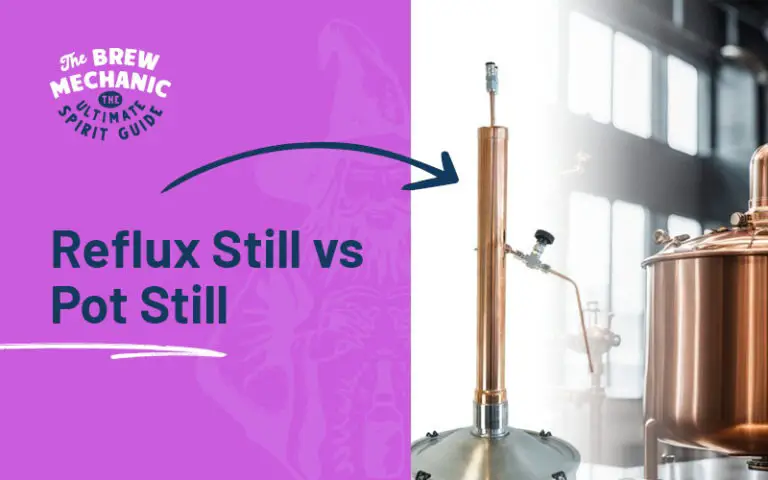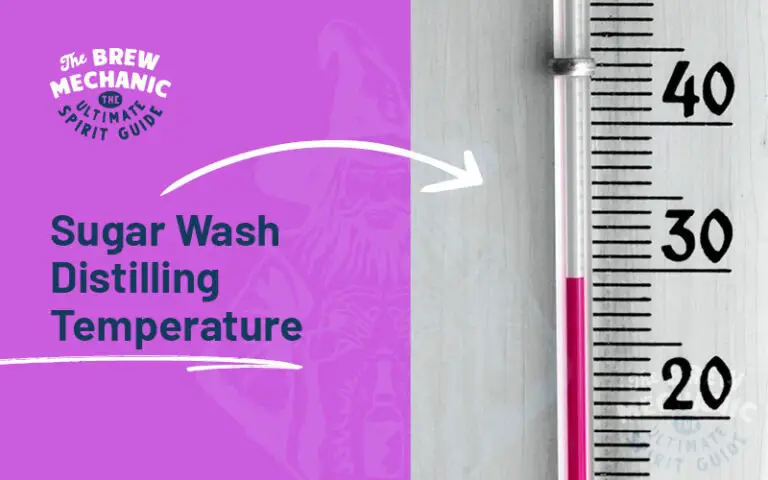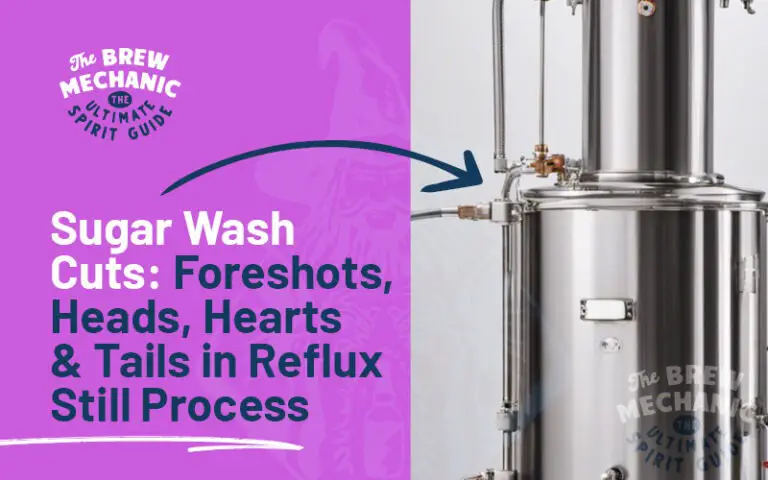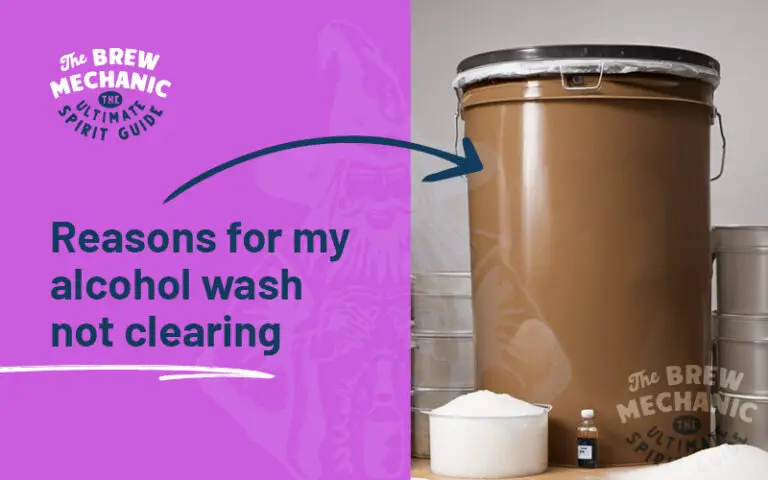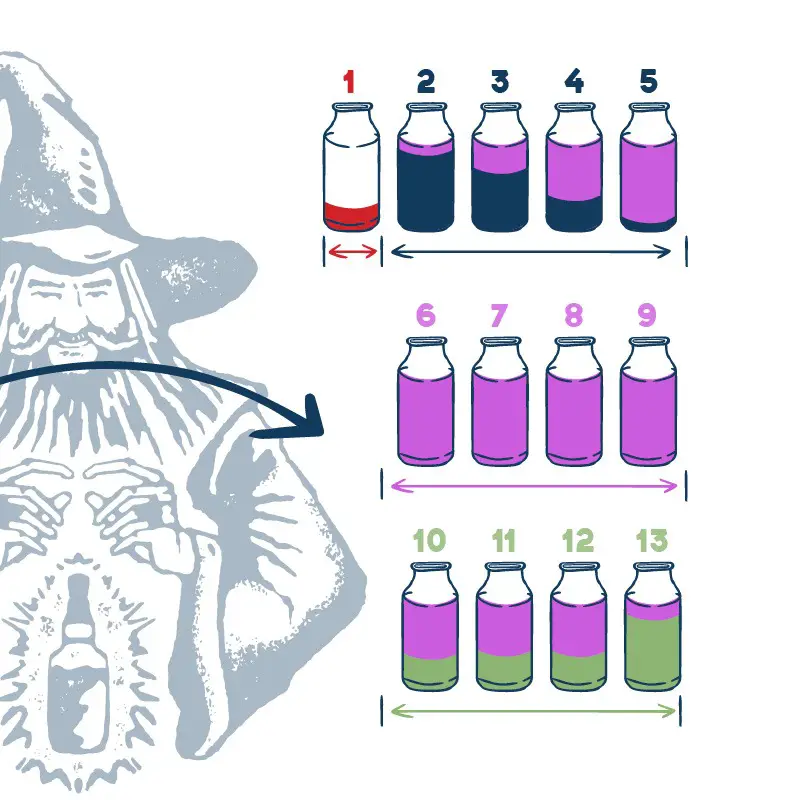Best Still for Making Vodka: DIY Distillers’ Guide to Reflux & pot Stills
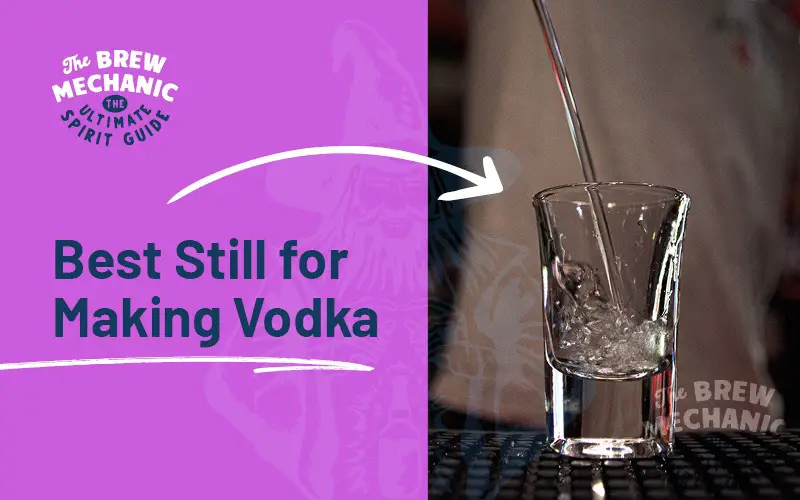
Disclaimer: This post might include affiliate links, through which I may earn a small commission without any extra cost to you. Additionally, I am an Amazon Associate and earn from eligible purchases. All the products and services I suggest are ones I have personally used or would use. Thank you very much for your support if you decide to buy through any of my links!
Come join the Distilling Squad!
Get the best fundamental tips & tricks here. Woohoo!
For DIY distillers and home brewing enthusiasts, finding the best still for making vodka is a crucial step in crafting the perfect spirit.
There are two main types of stills to consider for this purpose: pot stills and reflux/column stills. The kind of still you choose depends on the ingredients you prefer to work with, as well as the desired purity and flavor of your vodka.
When it comes to ingredients, sugar washes and mashes are the most common choices for producing vodka at home. If you decide to work with a sugar wash, a reflux still is the ideal option. This type of still is designed to maximize alcohol (ethanol) concentration, resulting in a purer distillate.
Well if you prefer using a mash, a pot still is better suited for this purpose. Pot stills allow for more control over the distillation process, which can lead to retaining a richer flavor in your final product.
Regardless of the still type selected, it’s essential to understand the process and practices associated with each still. This will enable you to make informed decisions based on your preferences and desired outcomes.
Understanding Best Still for Making Vodka distillation
When it comes to making vodka at home, DIY distillers have two main options: Pot Still and Reflux/Column Still. Each still has its unique advantages and is suited for different ingredients and desired outcomes.
Pot Still
Reflux/Column Still
We chose the reflux still and sugar wash combination for our distillation.
Ingredients and Stills for Making Vodka Alcohol
Using Sugar Wash = Reflux Still
Making a Mash = Pot Still
Whether it’s a simple sugar wash or a more flavorful mash, the right equipment will help DIY distillers decide what the best still for making vodka is.
Which still is best for making vodka at home
We throwing the ball into your court now, as we know our answer but we want you to answer your own question. The two types of stills are pot stills and reflux/column stills. Your choice will be determined by the ingredients you plan to use, as each still functions better with specific components. That is a fact.
If you go down the mash method, a pot still is the better choice. This type of still is ideal for processing various grains or starch-based ingredients that require fermentation before distillation. Remember, however, that pot stills do not separate alcohol as effectively as reflux stills, which may yield a slightly lower-quality vodka. This is for the more experienced.
If you have chosen the sugar wash as your main ingredient, a reflux/column still is your go-to option. Reflux stills have a taller column that allows for better alcohol separation, resulting in a higher-purity end product. This makes it perfect for vodka enthusiasts who want to achieve a cleaner, smoother taste in their homemade beverage. This is for the beginner as you need to understand how to make a mash that actually tastes good.
Decision time, so choosing the right still for making vodka at home is a crucial step in the DIY distilling process.
Depending on whether you’re using mash or sugar wash, opt for a pot still or a reflux/column still, respectively. You have to think about your desired end product and the specific ingredients you’ll work with to make the best decision on which still to incorporate into your homemade vodka journey.
My Thoughts on Best Still for Making Vodka
We understand that everyone has their own still preferences when making their vodka or alcohol, but from our knowledge, the best will be the reflux still and sugar wash combination as you will get a clean neutral spirit. You will then need to add the flavoring later such as citrus vodka, whiskey, brandy etc. By doing this you can get your desired alcohol flavour. We recommend the best still for making vodka is a reflux still.
Download our Cleaning Checklist
Last Updated on Nov 19, 2023 by The Brew Mechanic
Disclosure: I may receive affiliate compensation for some of the links below at no cost to you if you decide to purchase a product or service. You can read our affiliate disclosure in our privacy policy. The information provided is for entertainment only.

With 35 years of knowledge of being a chemical engineer in alcohol manufacturing plants, my mission is to teach the next generation of home distilling alcohol brewers at a supernatural speed.
My reviews are based on real-life experiences with reflux stills, sugar wash, troubleshooting and mystical chemical reactions.

